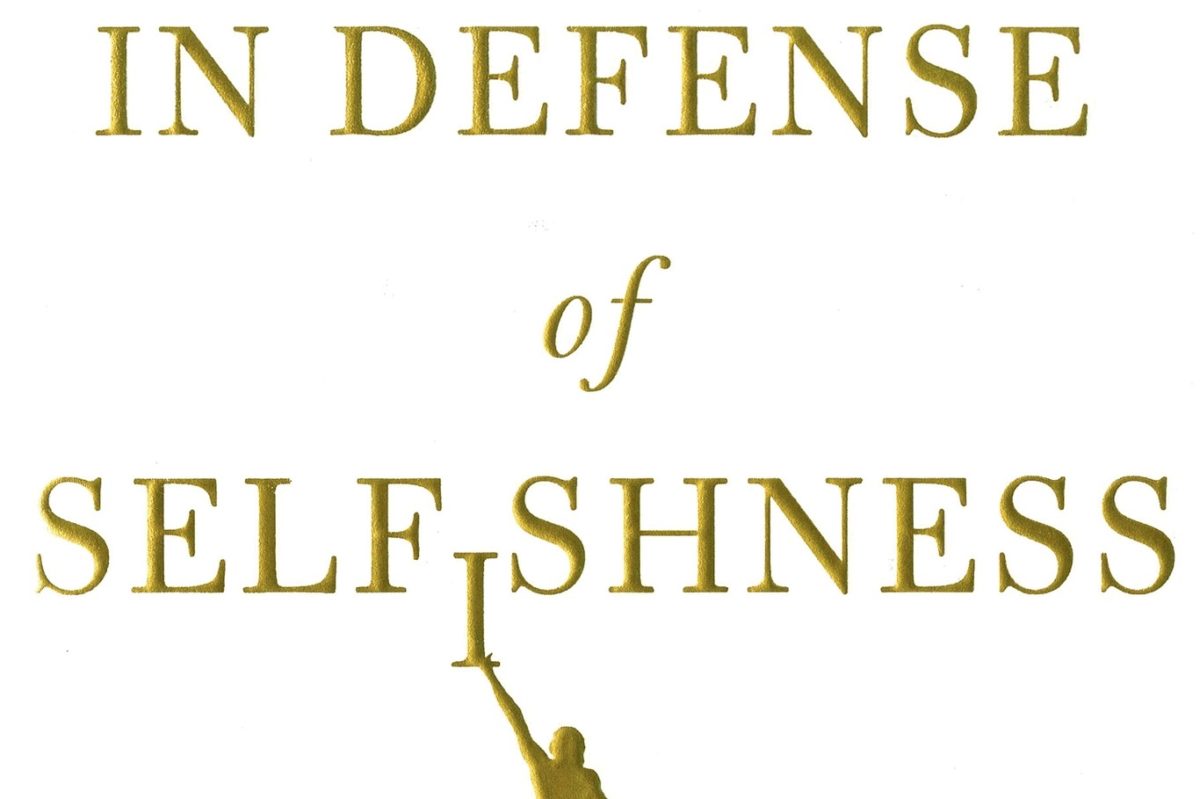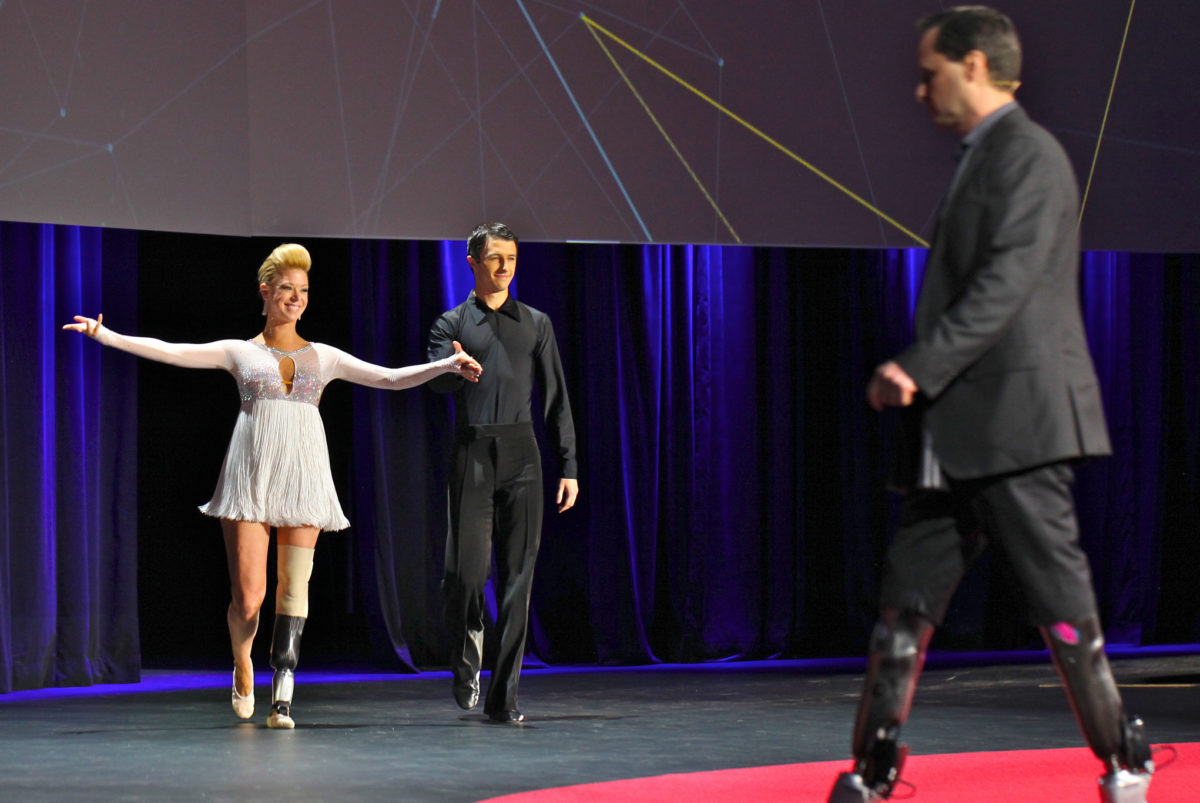 Are children naturally altruistic? A recent study seems to suggest so:
Are children naturally altruistic? A recent study seems to suggest so:
“When infants 18 months old see an unrelated adult whose hands are full and who needs assistance opening a door or picking up a dropped clothespin, they will immediately help” Michael Tomasello writes in “Why We Cooperate,” a book published in October.
Dr. Tomasello’s research shows that very young children offer helpful behavior indiscriminately, and then later as they grow, come to direct it more selectively towards specific individuals. From this, Tomasello reasons that children start out with an innately altruistic impulse, one which then wanes as the child grows. Implicit in the Times article—and presumably in the study itself—is the idea that the child’s helpful behavior is inherently an expression of altruism, the selfless sacrifice of one’s own goals and needs to serve the interests of others. In other words, helping others is taken to be antithetical to self-interest.
According to the Times, Tomasello argues that because a child becomes more selective as he ages, the child is moving away from what is initially an altruistic impulse. But a simpler explanation is that the change is just a change in degree. A growing child initially finds joy in human interaction generally, and then gradually comes to care about certain specific people more than others. The fact that he develops stronger and narrower preferences over time is not a reason to think that he was initially being self-effacing—it just shows that with experience he comes to refine and develop his judgment of which people matter most to him.
In helping those we care about—including in some situations complete strangers—we do not necessarily subordinate our own goals and values to the needs of others. Such a view would imply that we don’t have anything to gain from cooperative endeavors. In fact, we gain tremendously from working and socializing with others. As Tomasello himself points out, even in hunter-gatherer societies, let alone our modern world today, individuals benefit immensely from cooperative endeavors. Given this benefit, there are selfish reasons to be kind to others—i.e. to treat them as the potential value that they are.
Dr. Tomasello, in identifying that young children engage in spontaneous acts of helpfulness, is recognizing that young children come to (implicitly) value human interaction, i.e. that they realize and appreciate how much it can benefit their own lives. This makes sense—human relationships are one of the greatest joys that life has to offer. But for precisely this reason, such acts of kindness are a far cry from exhibiting a tendency towards self-sacrificial altruism. They are, to the contrary, the natural expression of self-interest that one would expect to see at an age when altruism-induced guilt and cynicism have not yet made their mark.
To learn more about the difference between cooperation and altruism, see:
http://aynrandlexicon.com/lexicon/altruism.html
http://aynrandlexicon.com/lexicon/selfishness.html
http://aynrandlexicon.com/lexicon/selflessness.html
http://arc-tv.com/the-origins-of-altruism/




